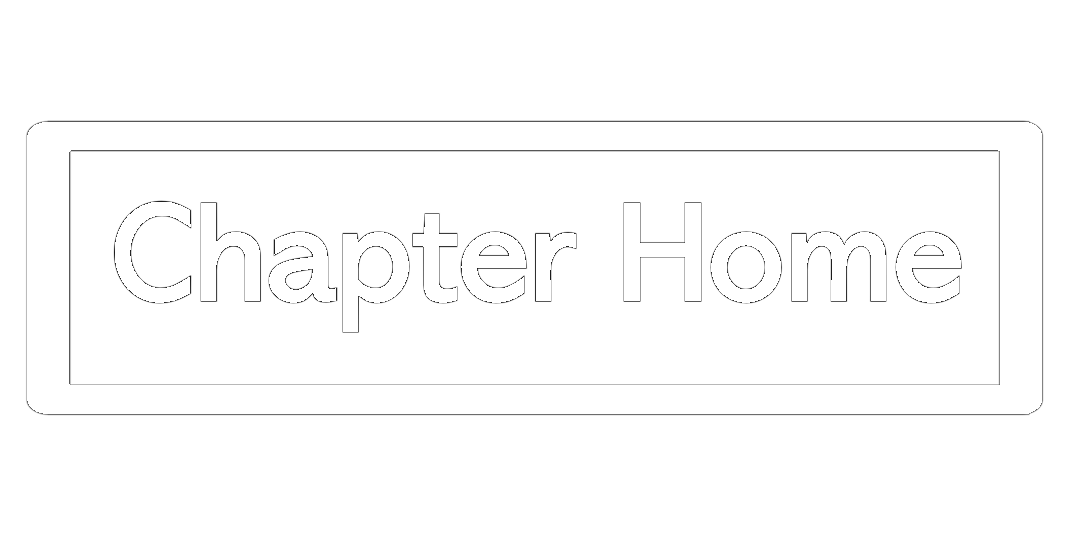CHAPTER 9, PART 1

After the birth of my first child, I lay upon the hospital bed. Close friends came to see me and I told them, “I will never go through this again” because I had gone through the birth process with no drugs. No matter how adamant I felt that day, the human design made me forget the extreme pain (call them contractions if you wish), so much so that I had two more children, all without medication. Just as it did for childbirth, the mechanism for forgetfulness engaged after the death of my son.
Forgetfulness is not peculiar to me. One of the women I interviewed told me that she never really cried in front of people. She had forgotten our conversation about six months after her loss. I had mentioned I did not cry in front of people and she said, “I’ve learned to cry no matter where I am.” She said it with conviction and no apology and I admired her for that ability. However, one year later she had no memory of this whatsoever. Forgetfulness takes over. We might remember vague generalities or particular events, but our humanness keeps us from feeling every detail over and over. If it didn’t, we would suffer on a non-stop basis.

CHAPTER 9, PART 2

As I mentioned before, the only reason I have a thorough knowledge of what happened to me emotionally the first few months after Logan’s death is because of what I wrote for a colleague after the death of her child. My co-worker told her best friend that this helped her immensely, and as I write this book, I am grateful that I did this because, just as my friend in the paragraph above has forgotten that she did not mind crying in front of people, I probably would have forgotten many of the emotions overcoming me at the time. Even now, as I interview someone, the interviewing process prompts a memory.
After Logan’s funeral, I went back to my brother’s home. Carla, my much-loved sister-in-law, had baked chocolate cake with chocolate icing because she knew it was my favorite. A few months later, I thought about the cake and told Carla, “I don’t remember eating the cake you made.” Apparently, I had eaten the cake with much gusto, but the sight of my son’s casket above a burial mound crowded out any other memory. I saw people gathered around the burial site in a haze, but remember only vaguely who was there. I have no idea what was said over his grave. My most vivid memory is of turning around one last time to look at the coffin as I left the site.

CHAPTER 9, PART 3

Weeks later, though, I still had trouble remembering, for example, things that I thought a good mother should remember—had I signed my younger son Nathan’s report card, did he need a ride Friday night or some supply for school that I neglected to purchase? At work I wondered whether I had signed the pay forms, filled out the book order forms, or done our online attendance reporting. In fact, I had forgotten to sign my contract for the year until I found it several weeks later amidst some paperwork. My good friend Warren gave me some valuable advice. He said, “If you didn’t do something the college needs, I’m sure they will send you an email, so you can drop that worry. If you are late on a bill, they will send a notice.” The college did send emails if I had forgotten anything, Nathan remained in school, wore clean clothes and carried school supplies, and I received late notices.

CHAPTER 9, part 4

Despite the fact that eventually all the odds and ends of regular living worked out, I do not like this feeling of not having my faculties about me. Yes, that is present tense because I do not feel as though I have fully recovered my ability to remember. Humans aren’t given that much to begin with in my estimation, so I object to losing any more than necessary. Even after several years, I could not remember small details and, even worse, was unclear on what I should remember. I can blame my forgetfulness on many causes: having far too much to do, medications, menopause, age or Logan’s death. I could not distinguish between the causes and I wondered how long the condition would last. My memory has improved since immediately after his death, but the small details seem to evaporate.

CHAPTER 9, part 5

I will never forget about the death, but every other thing slips away. We needed a new roof for two years, but I would forget to call the roofers for estimates. It takes the mind a long time to sort through these new and painful emotions and what seems important to remember becomes less and less important. We now have a new roof, but I currently need someone to stucco a chimney and it slips to the back of my mind. I think our sense of the importance of different items and events changes after the death of a child.

CHAPTER 9, part 6

Yesterday, a friend and I went to the cemetery where her son was buried just two short months ago. She was talking about how she’d gone into the bathroom at home for something and refused to leave it until her memory returned. The bathroom received a thorough cleaning and it wasn’t until much later the woman remembered what medication she’d gone in for. For her it’s been two months; for me, three years next month. However, as I write this, I can now laugh at the fact that I agreed to substitute for a teaching friend tonight, totally forgetting the fact that on my birthday I usually go out—I have forgotten my own birthday.

CHAPTER 9, part 7

I have found that having a calendar is becoming indispensable, just to remind me of what and where I have to be or do. To-do lists help me. I have always been very distractible—just ask my students—but it has reached new heights with powerful memories always ready to jump in my face and remind me of my sorrow, which has the effect of obliterating the importance of buying catsup or washing the car.
The worst part of this memory loss, by far, is one overriding fear: What if we forget something about our late children, or what if others forget our loved one with the passage of time?

CHAPTER 9, part 8

ACTIVITY
Make a to-do list of minor chores or items to be done in the next day or two. As you accomplish each chore mark it off, or if a new one occurs to you, list it. I even list my laundry as Laundry 1 W D F (wash, dry, fold) and X through each step as I do them. It makes me feel more in control, and so what if I do not fold immediately? I accomplished the first two parts.






